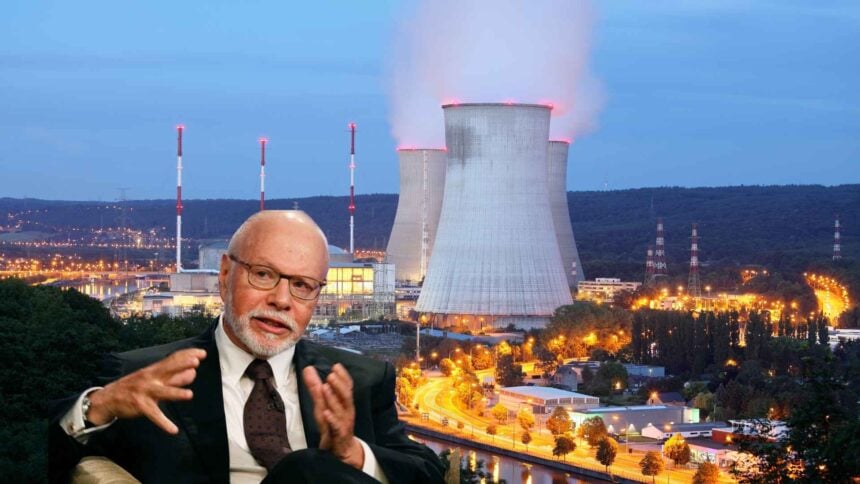Elliott Management has built a stake of about 4 to 5 percent in Kansai Electric Power, becoming one of the utility’s largest shareholders after a year of balance-sheet repair and a stock sale. Shares rose after the position surfaced, signaling investors see room for faster capital returns at Japan’s No. 2 power company.
Elliott wants Kansai to lift the annual dividend to about ¥100 per share from ¥60 and fund bigger buybacks with at least ¥150 billion a year of asset disposals. The activist also argues Kansai can sharpen margins by reworking prices for large corporate users that benefit from stable nuclear output.
Capital returns and the asset base
The case for disposals rests on a sizable property and holdings portfolio. Kansai reports investment property with a ¥420.7 billion carrying amount and a ¥640.1 billion fair value, plus ¥169.4 billion of real estate held for sale, underscoring monetizable assets that sit outside the core energy franchise. Elliott estimates more than ¥2 trillion of noncore assets in total.
That capital push follows Kansai’s November 2024 equity financing of up to $3.3 billion, which the company said would support decarbonization, data centers, and other investments. Activists often frame larger buybacks as a way to reverse dilution once leverage and cash flow improve.
Operations, policy, and governance
Kansai has moved to resume on-site surveys for a successor plant at Mihama, the most advanced step in Japan toward a new reactor since Fukushima.
A credible pipeline of low-cost nuclear generation shapes both pricing strategy for industrial users and long-duration power for data centers, where Kansai has a joint venture with CyrusOne to build large campuses in the Kansai region.
Japan’s governance drive has emboldened activists, and Elliott has already extracted larger buybacks and planned real-estate sales at Tokyo Gas.
Kansai’s record profitability last fiscal year and a steadier nuclear fleet give room to debate payout levels, though rate rules and political sensitivities remain hard guardrails. The company says it will keep careful communication with shareholders.
One hurdle is trust. Kansai’s 2019 gifts scandal prompted internal soul-searching and reforms, and the utility later faced scrutiny tied to market conduct in retail power. Any Elliott plan that leans on price moves or asset sales will sit atop those governance expectations.
Whether Elliott formalizes its agenda in a public letter, how Kansai sizes disposals relative to cash needs for nuclear and grid projects, and whether management ties payout targets to clear balance-sheet thresholds.
If even part of the program lands, Kansai’s cost of capital and investor base could shift. If it stalls, the episode will mark the limits of activism in a regulated system.



















